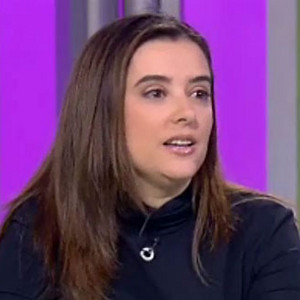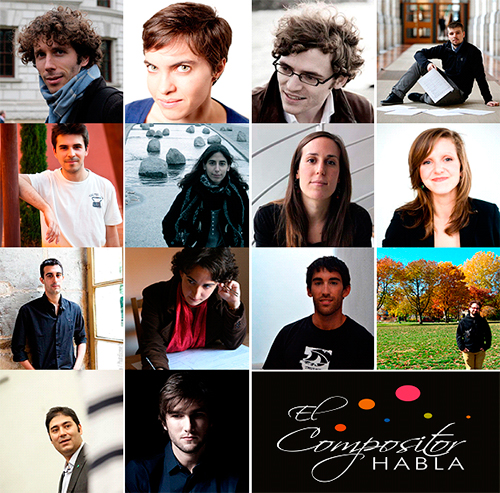Entrevistas
«American composers are no longer the stepchildren of European opera, we have a lot to say» Anthony Davis
16/11/2023
An interview by Gema Pajares for Composer Speaks
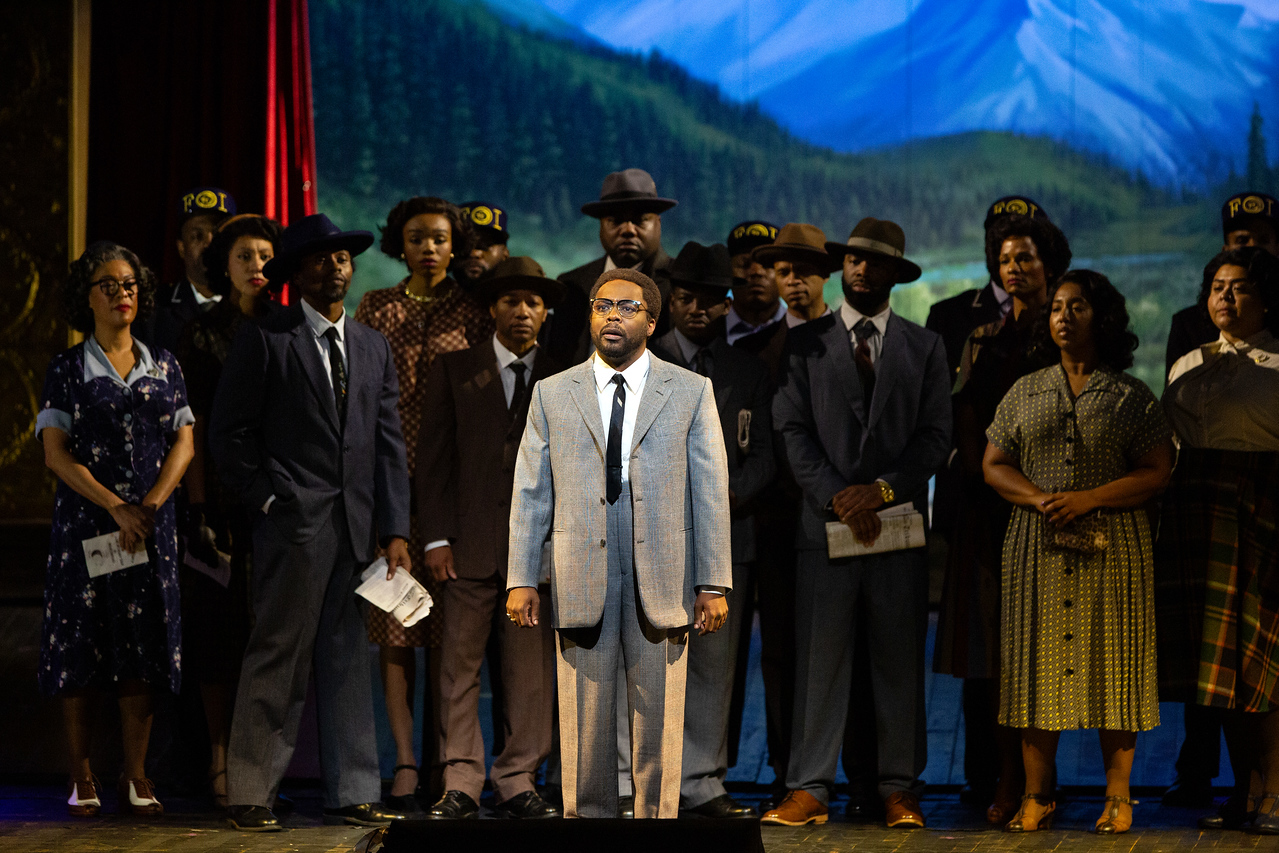
Malcolm X said he could feel the rhythm in his bones. It was the feeling that came over him as a kid when he polished Duke Ellington and Count Basie's shoes while a big band music played in a smoky Boston venue. It polished the skin and was soaked in music. Anthony Davis (Paterson, New Jersey, 1953) takes this very graphic image and with it shapes the fascinating and at the same time full of edges personality of the Black Power leader. He wrote an opera for him, X: Life and Times of Malcolm X. The play was seen in several theaters in the United States. And then, little, nothing. Almost forty years later he takes the stage at the Metropolitan. With the same freshness and, unfortunately, identical topicality, although Davis and family (his cousin and his brother signed the script and the story) have introduced changes. When we ask him if it is easy to work with his family, he doesn't think about it: “no”, he says. However, the union has provided great moments for the trio. Davis is 72 years old, has a solid career as a composer and pianist, won a 2020 Pulitzer Prize (for the play The Central Park Five), knows what racism tastes like, does not speak from hearsay, and has no lack of desire to continue the path. “The response to the piece at the Met has been amazing”, he admits, almost incredulous, who felt “cornered and forgotten” some time ago. Erased. Although his activist spirit prevented him from staying still. Today, projects are piling up on the table. And just ask for time to make them a reality.
-1000.jpg) 1. Gema Pajares: What does the figure of Malcolm X mean for you?
1. Gema Pajares: What does the figure of Malcolm X mean for you?Anthony Davis: To me, Malcolm X is a symbol of liberation. He's a symbol of the revolutionary aspirations of African Americans, the hope for someone who is very transformative. He’s a person whose life is an odyssey, moving from Malcolm Little, to Detroit Red, to Malcolm X and El-Hajj Malik El-Shabazz.
«I think that he’s a symbol of the ongoing struggle that we have in America, not just against racism, but against the embedded inequities within our political and social systems.»
2. G.P.: The opera premiered in 1986 in the New York City Opera. What does it represent that it is opening at the Metropolitan Opera and will be simulcast through movie theaters around the world? Does it have a second life?
Anthony Davis: In my opinion, in this production, Robert O´Hara is finally realizing his vision. What choreographer Rickey Tripp has done with the dance is incredible, it tells the story well and adds a whole different dimension to the opera. With Dede Ayite´s costume design, the opera harkens back to the ancient past while also pointing to the future.
«It considers Malcolm´s legacy, and there is a sense of empowerment that comes from an engagement with history and thinking about our future»
I think that there are parts of the opera that work almost as a dreamscape; you feel much more of this nightmare that Malcolm had to live through. Robert, production designer Yee Eun Nam, set designer Clint Ramos, and lighting designer Alex Jainchill have created a visual imagination that highlights his internal struggle.
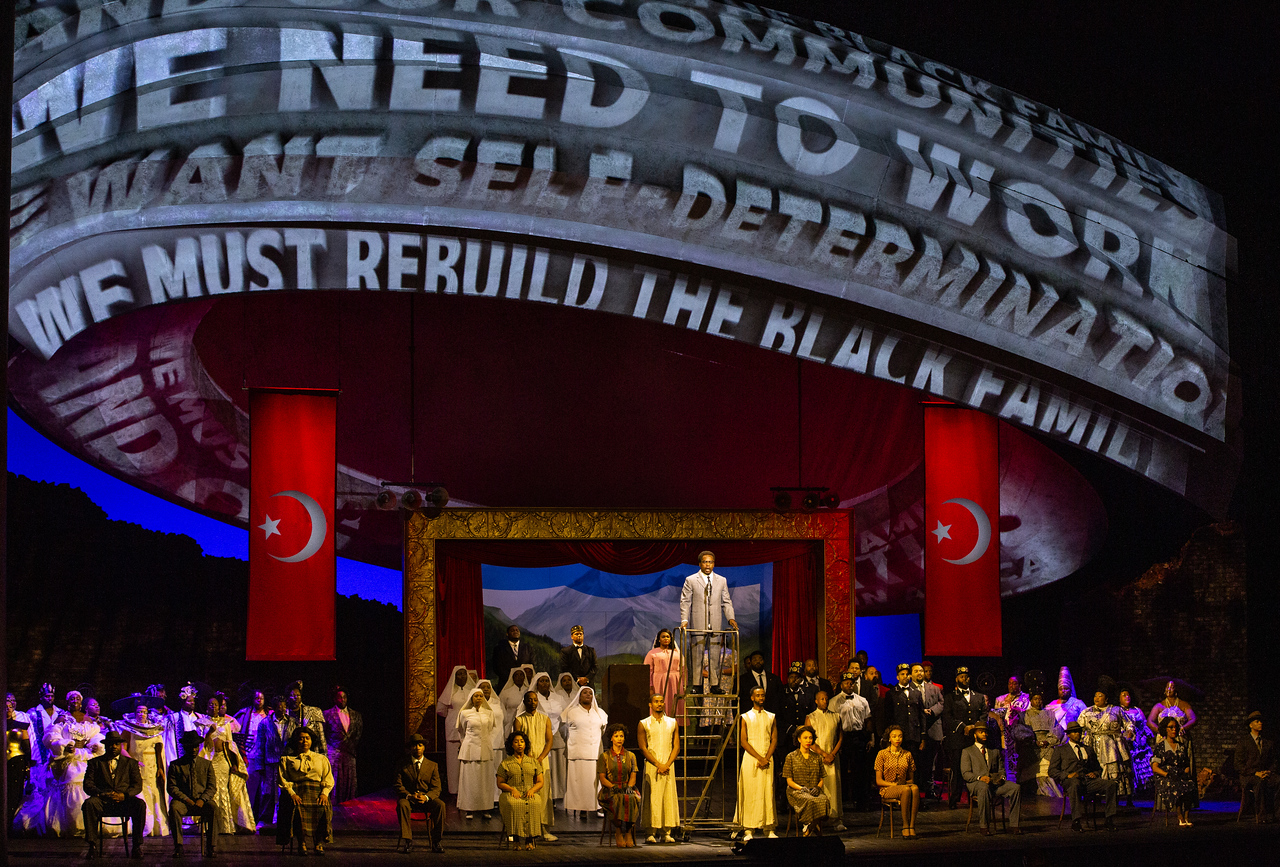
3. G.P.: How has the passage of almost forty years since the premiere of X influenced the work? Has the score been revised?
Anthony Davis: I revisited the score during the pandemic. I made improvements in the orchestration as well as editing portions of the opera, where it now begins is very different. And for the Met production the beginning and the end of the opera are different.
«All the changes have improved the opera over time»
Adding the Malcolm & Betty scene, which comes in at the end of act II, contributes so much. I revisited the riot music that was cut in the original recording, now it’s a vivid part of the opera and links the opera to what is going on today.
4. G.P.: Do you think that the premiere of X in the Met can be interpreted as a claim of Black composers after the premiere of Fire, Shut Up in My Bones, by Terrence Blanchard in 2022?
Anthony Davis: Black composers are central to the future of the Met. Our vision is part of the Met’s vision. The African American experience has to be portrayed in the opera house. It belongs there. We can tell these stories and they can speak to all audiences, not just African American audiences.
American opera can be its own thing. We have our own aesthetic, our own musical direction, our own traditions to draw on. We´re not the bad stepchild of European Opera anymore. We are setting ourselves apart and saying what we have to offer. We have our own direction and can make opera into something that represents us.
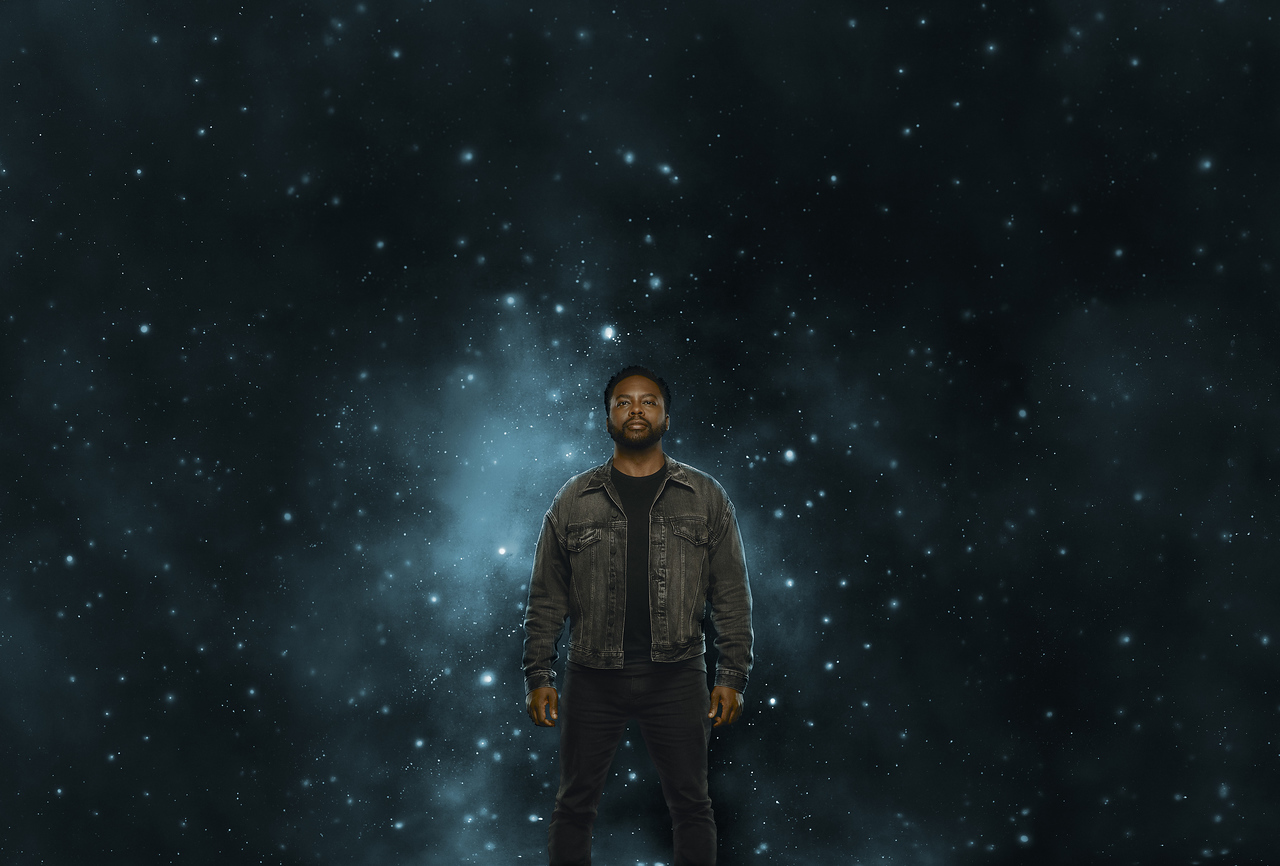
5. G.P.: Cases such as George Floyd of 2020 reveal the unfortunate actuality of the racial issue. Malcolm X himself says in the work that he feels the weight of the foot always pressing on me. Is there a long way to go on the issue of civil rights in the United States?
Anthony Davis: Certainly we have a long way to go. I think Malcolm realized that the civil rights struggle was part of a larger struggle for human rights. That´s why he was so dangerous in his rhetoric, at the end of his life he was going to the United Nations to talk about Human Rights violations within the United States.
It´s very important to address the systemic inequities that are embedded in our culture and our society, they begin with education and end with job opportunities and economic success.
There has been a whole pushback against the idea of systemic racism. It´s quite self-evident it exists. A segment of our society is trying to erase progress and there is the dangerous potential that it´s possible to do. Book bannings and the whole response to critical race theory is part of that. To me it´s about suppression and an unwillingness to wrestle the demon of racism that has been a part of how America was created. It was embedded in our Constitution that Black people would count as ⅗ of the vote. Protecting slave states is how the Union came together. Slavery has always been a really divisive point in America. The structural racism that is slavery´s legacy still plagues us.
6. G.P.: What have musicians like Wagner, Alban Berg and Strauss or the Great Jazz musicians contributed to this work?
Anthony Davis: With Wagner I think about how to structure large form, the economic way to use and keep developing material. I learned how he used leitmotifs and structures and it evolved into my approaching rhythmic structures with the same idea.
In terms of Strauss, I think about the lyricism, how to find melodic ideas and how to create an atmosphere in orchestra.
Berg’s Wozzeck I love as an opera. I’ve studied it quite a bit. I admire what he does with form and structure and how they are embedded into large scale form. I return to the way he reuses material, material that develops and comes back in different ways, for example taking something and transposing it. This ties the material together in a subconscious way that you can see in the score and see in the music. Also, I´m inspired by the way he implies tonality.
7. G.P.: And the big names in jazz that you know so well?
Anthony Davis: I´ve learned a lot from Ellington, Strayhorn, and Charles Mingus. This legacy of African America music taught me how to work with improvisation and to develop my harmonic language. To me, that extends song forms.
Also, In American music, the Blues are a fundamental form, a primal form. In X, act 1, scene 2 is all about different kinds of Blues. I thought a lot about Ellington, Black Brown and Beige, Harlem Suite and a lot of the music Ellington developed. In the opera, during Malcolm´s conversion into street life, I draw on the Blues as a persuasive, seductive form.8. G.P.: Is contemporary opera experiencing a good moment?
Anthony Davis: I think so. There are four new operas at the Met this year. It´s unprecedented, particularly for the music of the Americas. I´m talking about Daniel Catán, Jake Heggie, John Adams, my music, as well as Terrence Blanchard’s.
«The Met´s commitment to new work is refreshing. It’´ speaking to what is going on in our country, and audiences are really responding to it»
9. G.P.: Do you think that current events offer good themes for writing opera?
Anthony Davis: I don´t think current events necessarily offer good themes for opera. What opera is dealing with is history and how mythology is created. History has always been part of opera, whether it´s Don Carlos or it’s French History or more recent history. Myth exists in Greek tragedy and in Greek legends and it also exists in the present. The mythic is everywhere.
We find those stories that need to be sung, that need to be elevated into opera. I frequently ask in what stories are the stakes high enough? I look for material that presents a kind of collision of culture, there´s an aesthetic argument that´s going on concurrently with a political and social argument. In X, we see the idea of the Black aesthetic emerging at the same time as the political vision. In Amistad we are looking back at the ironic juxtaposition of an active rebellion against slavery, and a white community that would embrace a minstrel show: the myth of the happy slave.
10. G.P.: What up and coming projects do you have?
Anthony Davis: I have an opera called Pancho Rabbit and the Coyote which is a children´s opera that is about the border. They will be all animal characters, like Animal Farm. It tells the story about the border from a Mexican perspective.
Pancho´s father is a migrant worker. Pancho decides to go on a trek to find his father, and he meets a coyote, who helps negotiate the border in exchange for food. The border is guarded by snakes. I think there will be an orange snapping turtle leading the snakes.
I´m also doing a new piece with Latonia Moore which is going to premiere with the Cincinnati Symphony Orchestra in May. It´s a setting of poetry by the great Quincy Troupe, and I am very excited about that as well.
11. G.P.: Do you find it easy to work with several members of your family?
No.
Photos of the opera X, The Life and Times of Malcolm X are by Marty Sohl and have been kindly provided by The Metropolitan Opera House.
The portrait of Anthony Davis is by Michele Zousmer
We thank Maestro Davis's office and the Metropolitan press team for their help in carrying out this interview. Muchas gracias.
Biblioteca
Destacamos ...
Nueva Sección Directorio
dedicada a la promoción de compositores, intérpretes, instituciones y editoriales.

dedicada a la promoción de compositores, intérpretes, instituciones y editoriales.


